Search
Did you mean: Ochus?
Remove Ads
Advertisement
Summary 
Loading AI-generated summary based on World History Encyclopedia articles ...
Search Results
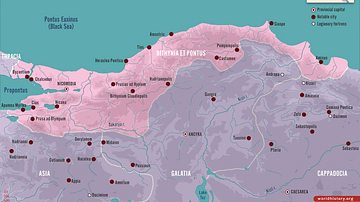
Image
Roman Province Bithynia et Pontus c. 200 CE
The Roman province of Bithynia et Pontus, established in 63 BCE after the defeat of Mithridates VI of Pontus, was a prosperous and strategically significant region by 200 CE. Located in northern Anatolia along the southern Black Sea coast...
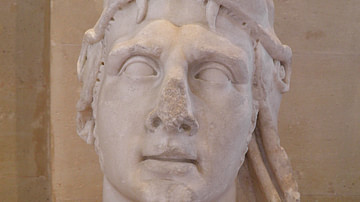
Image
Mithridates VI Eupator of Pontus
Mithridates VI Eupator, king of Pontus (120–63 BCE), as Heracles, 1st century CE, Louvre Museum
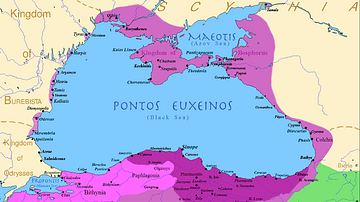
Image
The Kingdom of Pontus
Map of the Pontic Kingdom before the reign of Mithridates VI (darkest purple), after his conquests (purple), and his conquests in the first Mithridatic wars (pink); little adds (ancient shorelines & some greek colonies under Mithridate's...

Definition
Mithridates VI
Mithridates VI (120-63 BCE, also known as Mithradates, Mithradates Eupator Dionysius, Mithridates the Great) was the king of Pontus (modern-day northeastern Turkey) who was regarded by his people as their savior from the oppression of Rome...
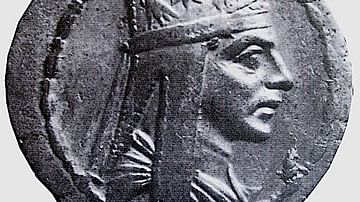
Definition
Tigranes the Great
Tigranes II or Tigranes the Great ruled as the king of Armenia from c. 95 to c. 56 BCE. Expanding in all directions, at its peak, Tigranes' Armenian Empire stretched from the Black Sea to the Mediterranean. Not before or since would Armenians...

Interview
Interview: Empire of the Black Sea by Duane Roller
Multiple Fulbright Award-winning Duane Roller joins us to talk about his new book, Empire of the Black Sea. The first thorough analysis in English of the dynasty as a whole, Empire of the Black Sea chronicles each ruler of the Mithridatic...
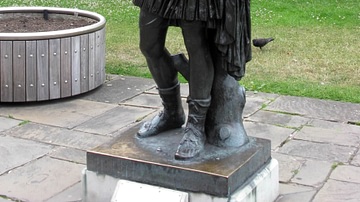
Article
Collegia, Stability and the Vox Populi
This short analysis will investigate the associations known as 'collegia' (also known as clubs, associations, companies) mentioned in the letters (10.33-34) from the Roman pro-consul Pliny to the emperor Trajan. We will determine why Trajan...
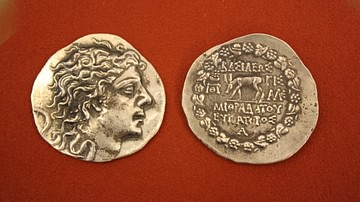
Article
Mithridates’ Poison Elixir: Fact or Fiction?
King Mithridates VI of Pontus, also known as Mithradates VI Eupator Dionysus and Mithridates the Great (135–63 BCE, r. 120-63 BCE) was a dogged Roman foe for much of his life. In 88 BCE, he orchestrated the mass killing of up to 150,000 Roman...
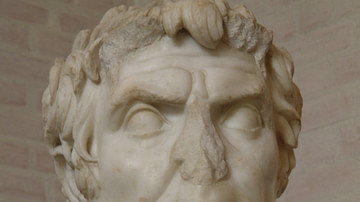
Article
Sulla's March on Rome
In 88 BCE, Lucius Cornelius Sulla (138-78 BCE) marched on Rome and entered the city's sacred inner boundary, the pomerium, bearing arms. Breaking this taboo, he sought to gain political power and control of the army of the East that had been...
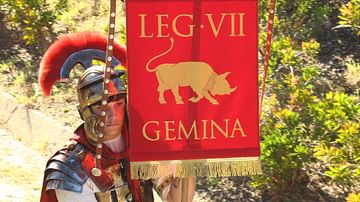
Article
Legions of Spain, Roman Africa & Egypt
The legions of Spain, Roman Africa, and Egypt did not see the intensity of action that prevailed elsewhere in Europe. However, the presence of these four legions - VII Gemina, IX Hispana, XXII Deiotariana, and II Traiana Fortis - was still...